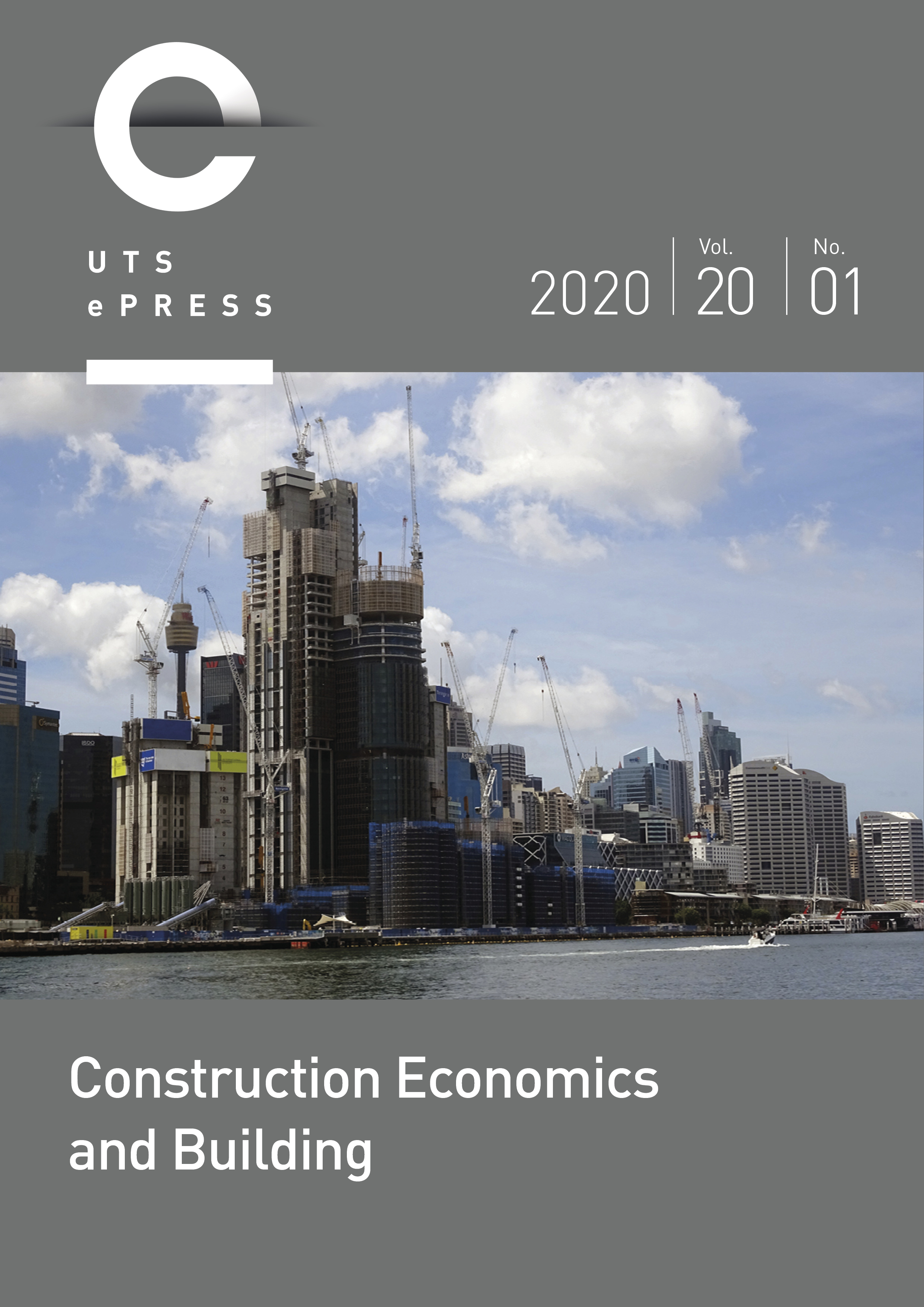Framework of Socialisation, Authentic Leadership and Affective Commitment for Construction Professionals
Main Article Content
Abstract
This paper highlights the human resources (HR) or behaviour-related success factors in construction projects, and these are training, understanding, co-worker support, future prospects, authentic leadership, and affective commitment. There exists discrepancies in existing literature regarding the factor structure of organisational socialisation and authentic leadership. Therefore, this study aims to explore the factor structure of socialisation, authentic leadership and affective commitment. Data was gathered from 301 newly joined construction professionals and Confirmatory Factor Analysis (CFA) was conducted to examine the factor structure for organisational socialisation, authentic leadership and affective commitment. A measurement model was further developed using the domains of organisational socialisation, authentic leadership and affective commitment. The results of CFA revealed that there exists four zero-order factor structure for organisational socialisation, and one zero-order factor structure for authentic leadership. The study contributes to both the researcher and practitioner communities by integrating the three constructs and validating the factor structure in the new context (i.e. construction). Further, the study contributes towards improving HR processes, namely, training, reward system, and induction process. It also helps in augmenting the authenticity among the project participants.
Article Details
Section
Authors who publish with this journal agree to the following terms:
a) Authors retain copyright and grant the journal right of first publication with the work simultaneously licensed under a Creative Commons Attribution License that allows others to share and adapt the work with an acknowledgement of the work's authorship and initial publication in this journal.
b) Authors are able to enter into separate, additional contractual arrangements for the non-exclusive distribution of the journal's published version of the work (e.g., post it to an institutional repository or publish it in a book), with an acknowledgement of its initial publication in this journal.
c) Authors are permitted and encouraged to post their work online (e.g., in institutional repositories or on their website) prior to and during the submission process, as it can lead to productive exchanges, as well as earlier and greater citation of published work (See The Open Access Citation Advantage Service). Where authors include such a work in an institutional repository or on their website (ie. a copy of a work which has been published in a UTS ePRESS journal, or a pre-print or post-print version of that work), we request that they include a statement that acknowledges the UTS ePRESS publication including the name of the journal, the volume number and a web-link to the journal item.
d) Authors should be aware that the Creative Commons Attribution (CC-BY) License permits readers to share (copy and redistribute the work in any medium or format) and adapt (remix, transform, and build upon the work) for any purpose, even commercially, provided they also give appropriate credit to the work, provide a link to the license, and indicate if changes were made. They may do these things in any reasonable manner, but not in any way that suggests you or your publisher endorses their use.
